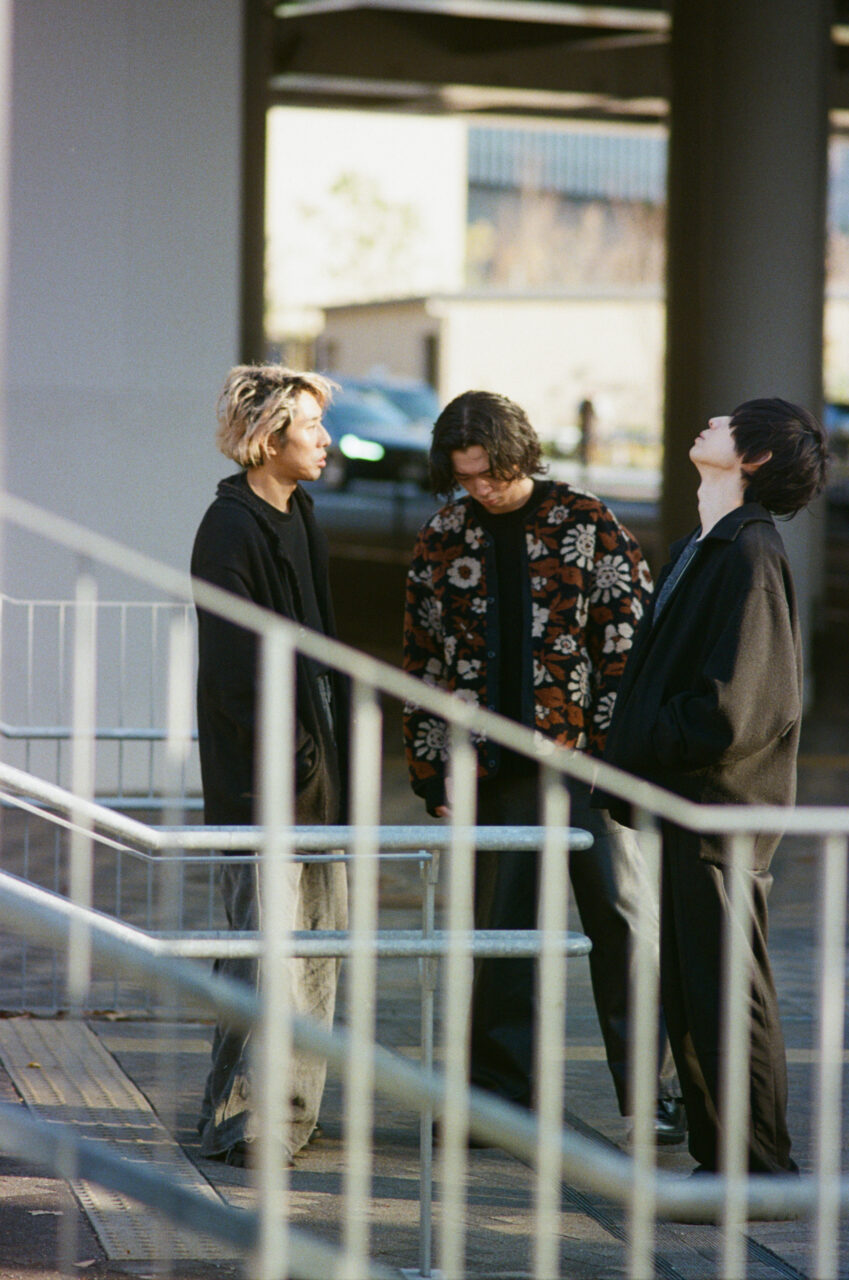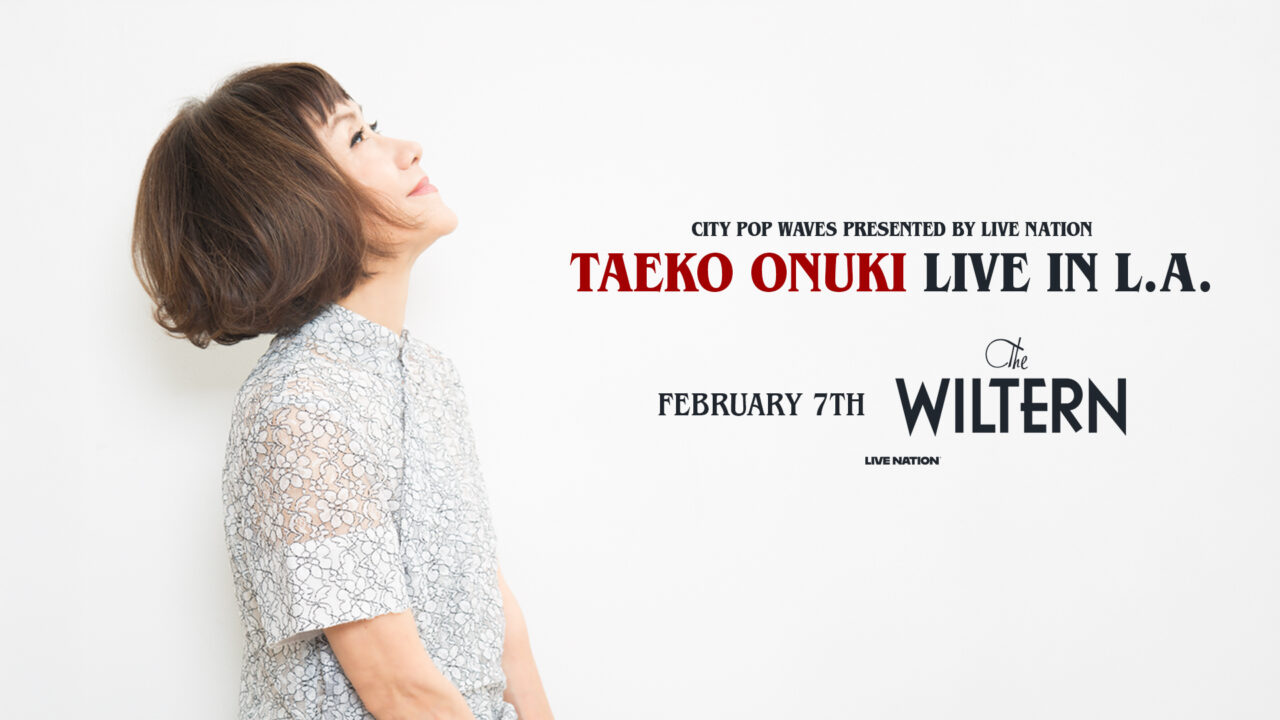Dreams take different shapes as we grow, and sometimes, they drift far from where we once envisioned them. Watching a Japanese baseball superstar conquer the world, turning childhood aspirations into unprecedented records, is both inspiring and sobering. As I ride the evening train, my laptop bag slung over my shoulder, I can’t help but reflect—though my own path may not have led to the future I once imagined, I refuse to surrender to the thought that “this wasn’t how it was supposed to be.” Dreams don’t just live in grand victories; they exist in every step forward.
That spirit of perseverance runs through Pathway, the latest album from She Her Her Hers. It’s a record for anyone pushing ahead—whether chasing a lifelong ambition or simply searching for a better direction. The band knows this struggle intimately. By constantly questioning what they truly want to create, refining their identity with their current lineup, and embracing an unexpected wave of popularity in China, they’ve transformed their trajectory
Now, after multiple tours in China, She Her Her Hers is at their strongest, continuously evolving. And this February, they’ll take on their biggest challenge yet—headlining LIQUIDROOM for the first time, a milestone they’ve long dreamed of, marking the grand finale of their Pathway release tour. As they prepare for this defining moment, we spoke with them about their journey in China and what keeps them moving forward.
INDEX
Sometimes, Standing Still Is Also “Moving Forward”—Pathway as a Talisman for Listeners – Matsuura
She Her Her Hers’ latest album Pathway is described in the liner notes as “eight stories that move in different directions—forward, backward, sideways—offering moments that might resonate with listeners’ own journeys or provide inspiration along the way.” Could you elaborate on the album’s theme?
Matsuura (Dr): Pathway literally means “route” or “path,” but in a broader sense, it also represents the trajectory of a career or a project, much like in the business world. In daily life, as long as you’ve made a choice and taken a step forward—no matter how small—that in itself is a pathway, even if it feels like you’re standing still. Sometimes, while the world moves in one direction, you might choose another. Some may question or doubt your decision, but the courage to take that step should never be diminished. I wanted to express the idea that “every path is valid” and “every step forward counts.”
Rather than offering clear-cut answers, this album is meant to be something that shines a light on each listener’s journey. I’d love for people to find a song that feels like it was made just for them. There are books and movies where you might not recall the full story, but a single line lingers in your mind. I hope the lyrics and messages we’ve woven into these songs can serve as that kind of guiding presence—like a small talisman for those who listen.

(A photo from left to right) Hiroyasu Takahashi, Taiki Matsuura, and Tomasong form this three-piece alternative band. They released their 3rd album “location” in December 2019. That same year, they signed with the Chinese label “Weary Bird Records” (Taihei Music Group) and completed a successful tour across seven cities in China, marking their successful expansion into Asia. In March 2022, they released the album “Afterglow,” followed by “Diffusion of Responsibility” in November 2023. They then embarked on their largest tour yet, the “Diffusion of Responsibility” Asia Tour 2023-2024, performing 17 shows across 16 cities. In October 2024, they released the album “Pathway” and concluded their tour with a final solo live show at Tokyo’s Ebisu LIQUIDROOM.
That makes sense. It would be hard to say “stopping is also progress” without having lived through such an experience. Was there a time when the band hit a roadblock or felt like it was stuck?
Tomasong (Key): Around 2016, we faced a major shift when a guitarist left the band. It forced us to seriously ask ourselves, “What do we really want to do?” It was a pivotal moment—one where we could have even changed the band’s name. We decided to look inward, leave our old label behind, and start fresh. Letting go of the label’s support was a tough call, but in hindsight, it became the foundation of She Her Her Hers. Officially, we’ve been around since 2011, but that moment felt like a true rebirth for the band.
For someone working at a company, it’s like stepping away from the security of a job to take on something new and uncertain. Looking back, do you have any regrets about that decision?
Tomasong: Not at all. After that, we released “SPIRAL,” and the first label to approach us was a Chinese one. That led us to where we are today, so I’m really glad we made that move.

When you’re working alone on something, it’s easy to feel stuck and struggle to move forward. What do you think can help break free from that kind of situation?
Matsuura: From watching the artists I work with closely, I’ve realized that keeping things in motion is really important. Completely stopping can actually lead to more stress. Pushing yourself too hard can also be draining. It’s not about going at full speed all the time; even slow, steady movement helps maintain that sense of progress. When you’re not in the right mindset but still have things to do, starting with small tasks—things that you can finish quickly—can often help you get into a focused flow.
For She Her Her Hers, the energy we receive from our audience during tours has helped create a positive cycle, where it directly impacts our creative process. The fact that we’re consistently in motion is probably a sign that we’re in a good place.
She Her Her Hers’ philosophy is to keep pushing forward, even in tough times, always facing what they truly want as a band. Reflecting on your journey, what do you consider the pivotal moment in your career?
Takahashi (Vo, Gt): It has to be the 2019 China tour. Back then, I couldn’t even fathom there being an audience in China, let alone the possibility of pulling off a seven-city tour focused on our own headlining shows. But that tour was a game changer. Without it, there’s no doubt that the songs we’ve released since wouldn’t have reached the audience they have today.
Matsuura: It was purely by chance that China was the first to reach out to us, but it could have just as easily been the U.S. or another part of the world. Our sole intention was always simple: to bring our music to places where people would appreciate it. That’s why we’ve been continuously working to connect with more listeners in China, where we were already being heard. In a sense, we’ve been turning a stroke of luck into something inevitable.
Up to this point, it seems like the band’s decision-making process is pretty smooth. Do you ever find yourselves disagreeing as members?
Tomasong: Absolutely, disagreements do come up. But we don’t let the smallest differences slide. We always have a conversation about it. Once we understand where each of us is coming from, we figure out a way forward. We’ve always operated as a DIY band, making decisions step by step. In 2023, we even took the step to incorporate the band. It made us think more about things like finances, and it pushed each of us to see things from different angles. But at the end of the day, we’re all moving toward the same goal, and that’s only deepened our bond as a trio.

INDEX
Collaborating with an Engineer on the Mix: “I Wanted to Level Up and Engage in More Equal Conversations” – Takahashi
Takahashi, how did you approach the sound for this album?
Takahashi: Well, on our previous album, most of the tracks were made using a computer, but this time, I really wanted to dive into playing live instruments, like analog synthesizers. The sense of accomplishment and the energy from our 2023 tour left a lasting impact on me, and I wanted to capture that same vibe. To do that, it was crucial to actually play the instruments. While working on a computer makes editing easier, I wanted to keep the imperfections, warmth, and humanity that come with live music. I feel like this approach allowed the album to become much more varied and dynamic.ore varied than ever before.
Given that our tour had grown in scale, I also wanted to elevate the sound to better connect with audiences in larger venues. To bring in some fresh perspectives, I enlisted three engineers to mix the album: Yuto Uchino from The fin., Masahito Komori, who has worked with Hikaru Utada, and Taiji Okuda, known for his work with Tempalay. I wanted to take what I’d created and expand on it, with the help of others’ expertise to really take it to the next level.
Matsuura: I believe a key turning point was his shift towards being more open to collaboration. He used to be the kind of person who preferred doing everything himself. But because of that, this album ended up with such a unique and special touch.
Takahashi: Before, I always felt like if I handed something off, it would block my creative flow. But now, I’ve grown, and I really want to be able to have a more equal conversation with specialists. Though for the next one, I might take the reins again [laughs].

She Her Her Hers’ style, which blends a cool demeanor with a subtle, quiet intensity, feels distinctly their own. How did you come to establish this unique sound?
Takahashi: Honestly, I just keep listening to my own tracks over and over. I’m often caught up in my own demos. Maybe I should branch out and listen to more music [laughs].
Matsuura: It takes me back to something Shintaro Sakamoto once said: “I want to create records that feel like the ones I would want to buy.” That’s the core motivation. Sometimes, the original emerges from the act of imitation.
INDEX
Embracing Both the Bitter and the Sweet: The Power of Choice and Personal Growth Through Experience – Tomasong
Could you tell us about the lyrics? The line from “Strawberry Picking”—“You can’t just get the results / Most of life isn’t like picking strawberries”—seems to be a great metaphor for the idea that progress comes after effort.
Matsuura: When I was a kid, I went strawberry picking with my mom, and I remember seeing other people rushing to eat the strawberries without listening to the farmer’s explanation about how he grew them with care. That image stuck with me. Even as a child, I had this feeling of “If I skip the explanation, will those strawberries really taste better?” The taste might be fine, but it doesn’t leave much of an impression. I thought if you can really immerse yourself in the process, you’ll naturally come to love the outcome.
Even the song’s title is rooted in personal experience. The lyrics of “moreish,” which you wrote, “Taste the bitter and sweet, savor every bit, everybody / Embrace both the cool and the vague, all of it,” express a sentiment that’s hard to find in a world focused solely on efficiency and just getting by.
Tomasong: Honestly, it’s the bitter moments that made the sweetness meaningful for us, and that’s where the true joy comes from. Having that contrast is what makes life rich, and that’s why we continue to make choices.
The outcome of those choices depends on us, but nothing will begin if we don’t make the decision to choose. If you’re simply following someone else’s recommendation, it’s hard to say that your true will is behind the decision. I want to keep building experiences where my own choices shape me, and I hope others do the same. If that happens, the world will definitely become more fascinating.
Matsuura: Tomasong is in a phase where he’s really finding his voice, and the things he’s saying are becoming more fascinating.
Tomasong: I moved to Cebu, in August 2024. Now I’m juggling time between Cebu, Japan, and China. I’d always had this thought of wanting to live abroad one day, but the perfect moment never came. I realized waiting for the right timing wasn’t the answer—it’s something you have to create. When you take action, things naturally fall into place. There are some views you can only experience by actually climbing the mountain, right? That idea of “trying things out” has definitely made its way into my lyrics. When I told the two of them about my plan to move abroad, they were genuinely supportive, with a positive reaction like, “That sounds exciting.” I’m grateful for that.

In the hustle of daily life, it’s easy to lose sight of what we truly want to do. Do you think pursuing what you want means following childhood dreams, or is it about moving toward what excites you in your current circumstances?
Tomasong: “What you want” evolves constantly, but what’s truly important is following your passion. If your childhood dream remains unchanged, that’s something beautiful. Even as adults, if you discover something you want to pursue, go for it. However, more often than not, we unconsciously look for excuses not to. What’s crucial is maintaining that childlike courage to take the first step. If it doesn’t feel right, at least it’s valuable experience. In the end, it’s never too late to begin. I’m learning Chinese now, and there was a time when I thought, “Isn’t it too late to learn a new language in my 40s?” But the truth is, the more you do, the more you grow.
























